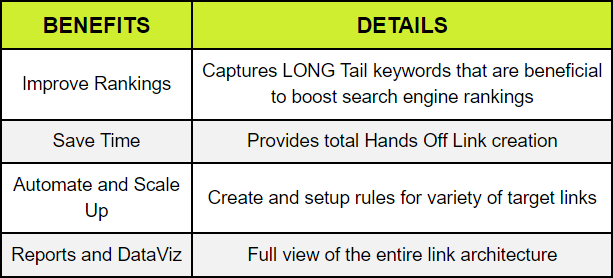In the digital marketing world, SEO is a buzzword that resonates with anyone looking to improve their online presence. Among the various components of SEO, the ‘slug’ plays a pivotal role, yet it often goes unnoticed by many. So, what exactly is an SEO slug, and why is it important? Let’s break it down into simpler terms and explore some practical examples.
SEO Slugs: Simplified Explanation with Practical Examples
What is an SEO Slug?
A slug is the part of a URL that comes after the domain name and gives a clear indication of the content of the page. It’s the readable part of the URL that explains what the page is about, and it’s crucial for both users and search engines to understand the context of your content.
For instance, if you have a blog post about making apple pies, the URL might look something like this:
www.yourwebsite.com/blog/how-to-make-an-apple-pie
Here, `how-to-make-an-apple-pie` is the slug.
The Importance of SEO Slugs
SEO slugs are important for several reasons:
- Search Engine Optimization: They help search engines understand the content of your page, which can influence your rankings.
- User Experience: A clear and descriptive slug can improve the user experience by providing a hint about the page content before they click on the link.
- Shareability: A well-crafted slug is more likely to be shared because it’s easy to read and understand.
How to Create an Effective SEO Slug?
Creating an effective SEO slug involves a few key practices:
- Include Keywords: Make sure your slug includes the primary keyword you want to rank for.
- Keep it Short and Sweet: A concise slug is easier to read and remember.
- Use Hyphens to Separate Words: This makes the slug readable and SEO-friendly.
- Avoid Stop Words: Words like ‘and’, ‘or’, ‘but’ ‘the’ are usually unnecessary.
Examples of Good vs. Bad SEO Slugs
Here’s a comparison to help you understand what makes a good SEO slug:
| Good Slug | Bad Slug |
| /seo-slug-explained | /page123 |
| /apple-pie-recipe | /post-09-12-2023 |
| /best-seo-practices | /best search engine optimisation practices explained for good ranking |
Good slugs are descriptive and include keywords, while bad slugs are vague or filled with numbers and dates that don’t describe the content. Good slugs must be brief and not too long.
Common Questions About SEO Slugs
Q. Can I change the slug after publishing?
Yes, but it’s not recommended as it can affect your SEO. If you must change it, make sure to set up a 301 redirect from the old URL to the new one.
Q. How many words should be in a slug?
There’s no set number but aim for around 3-5 words to keep it concise and focused.
Q. Do slugs affect page loading speed?
No, slugs do not impact the speed at which your page loads.
Conclusion
An SEO slug is a small but mighty element of your website’s URL that can have a significant impact on your SEO efforts. By crafting clear, concise, and keyword-rich slugs, you can improve your site’s visibility, user experience, and shareability. Remember, the best slugs are those that accurately reflect the content of the page and are easy for both humans and search engines to understand.

